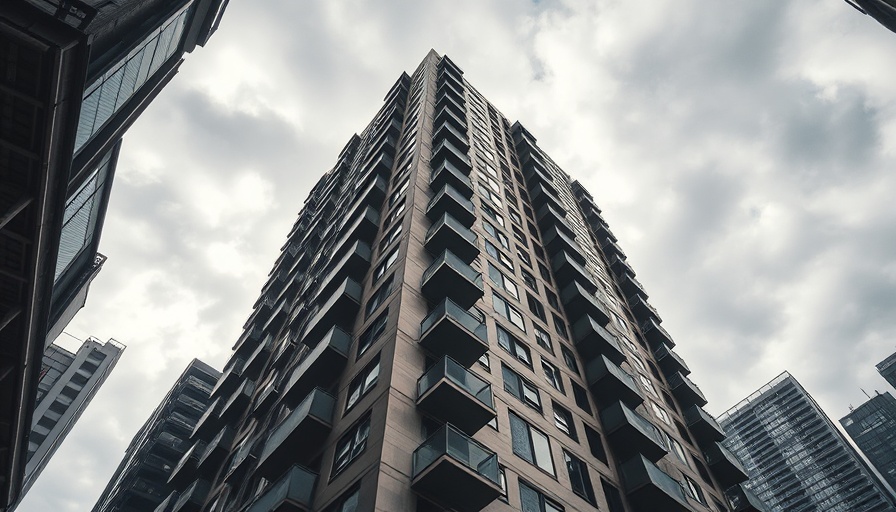
The Essential Guide to Legalizing Your Basement Space
Transforming an unused basement into a legally compliant living area is a goal many homeowners in Brooklyn share. With the right knowledge, any basement can transition from a forgotten space to a coveted addition that enhances your home’s value. One of the key components in ensuring this process is smooth involves understanding the intricate web of local regulations that govern how basements can be utilized.
Navigating Zoning Laws: The Crucial First Step
Before embarking on a renovation journey, homeowners must first delve into New York’s zoning laws. These regulations not only define what uses are permissible but also highlight restrictions that can vary significantly from one neighborhood to another. For example, residential zoning typically allows basement conversions, yet some areas impose constraints on how much of a property can be dedicated to residential living. Homeowners are encouraged to familiarize themselves with their specific zoning district as outlined by the New York City Department of City Planning, as this can save considerable time and money down the line.
Understanding Building Codes: Your Blueprint for Safety
Compliance with building codes is paramount when converting a basement into a legal space. These codes ensure all renovations meet safety standards for the structural integrity, fire safety, and habitability of the finished area. For instance, basements need a safe escape route, often requiring a window or a staircase that adheres to size regulations. Likewise, updated plumbing and electrical systems must align with local codes to support the additional load a living space incurs.
Occupancy Requirements: Making Your Space Livable
To convert your basement successfully, understanding occupancy requirements is essential. These stipulations dictate how many individuals may occupy a given space based on its square footage and amenities. Often, owners will need to demonstrate that their renovations meet specific criteria, including adequate ventilation and natural light, to qualify as a legal living space. Engaging with local building inspectors early in the planning stages can facilitate smoother approval processes and help avoid common pitfalls.
Cost Considerations: Budgeting for Your Basement Transformation
While the dreams of a transformed basement are enticing, costs can quickly add up. From obtaining necessary permits to hiring licensed contractors, it is vital to budget comprehensively. Additionally, consider potential unforeseen costs such as structural reinforcements or the need for specialized plumbing work. A thorough cost-benefit analysis can help ensure that your investment in converting your basement results in a significant return, both in terms of enjoyment and potential future resale value.
The Importance of Hiring Professionals
Given the complexities involved in basement conversion projects, many homeowners choose to enlist the help of professionals. Architects and contractors experienced in New York City’s regulations can provide invaluable insights that help navigate overwhelming requirements. Additionally, legal advisors specializing in real estate can help interpret zoning laws and prevent future legal issues. Investing in expert assistance can ultimately save time, reduce stress, and enhance the likelihood of a successful conversion.
Future-Proofing Your Basement Space
Once converted, think about how to create a basement that isn’t just usable now but adaptable for future needs and changes. Consider versatile layouts that allow for multiple functions or make provisions for updates to plumbing and electrical that might be needed down the line. The foresight to build a flexible space can accommodate changing family dynamics, such as growing children or aging relatives, ensuring that your valuable living area continues to meet your needs as they evolve.
Conclusion: Taking the First Step Toward Your Dream Basement
Transforming your basement into a legal living space is both an opportunity and a challenge. Knowledge of local zoning laws and building codes forms the foundation for a successful renovation journey. With careful planning, financial diligence, and the right professional assistance, homeowners can turn their dreams of a functional and aesthetically pleasing basement into reality.
Take action today by researching your specific neighborhood’s zoning laws and building codes. Start planning your dream basement conversion! Ensure that your transformation journey is legally sound, enhancing not only your home’s value but also its comfort and utility.
 Add Row
Add Row  Add
Add 




Write A Comment